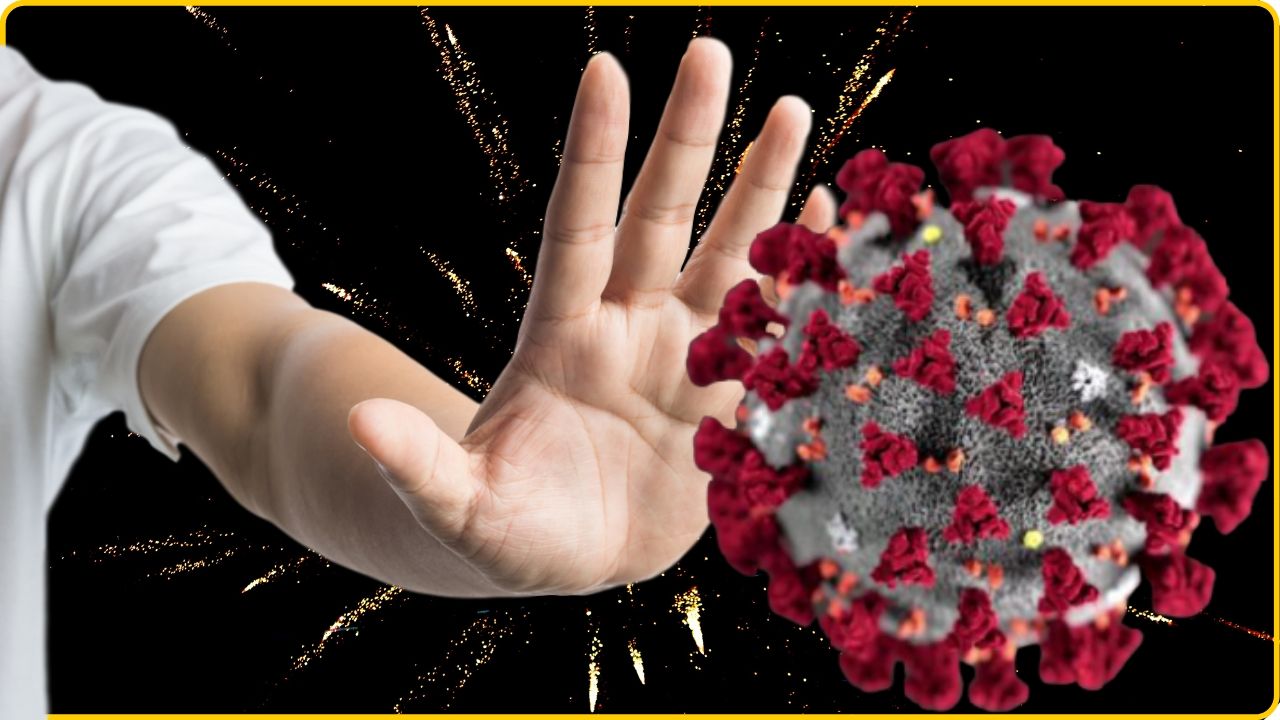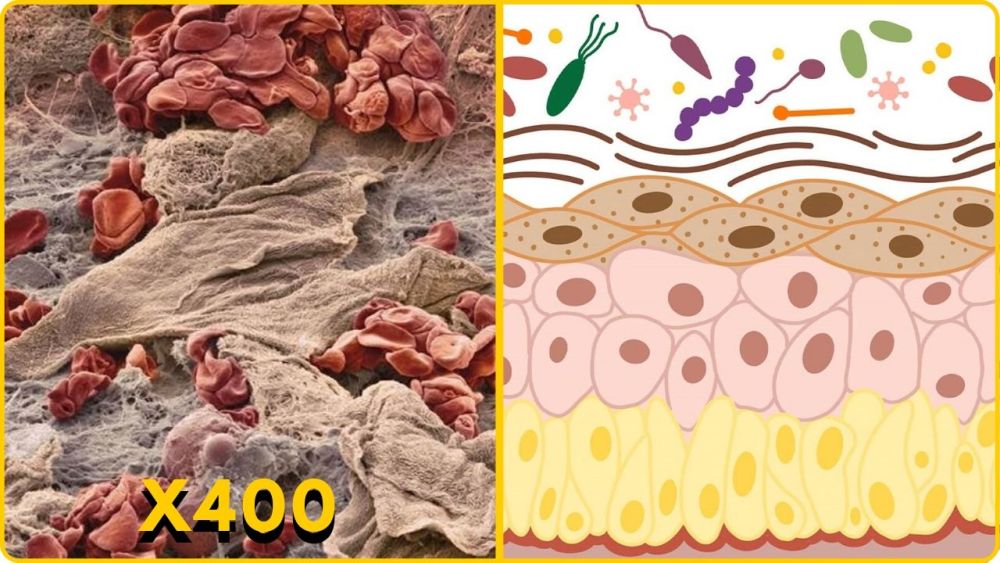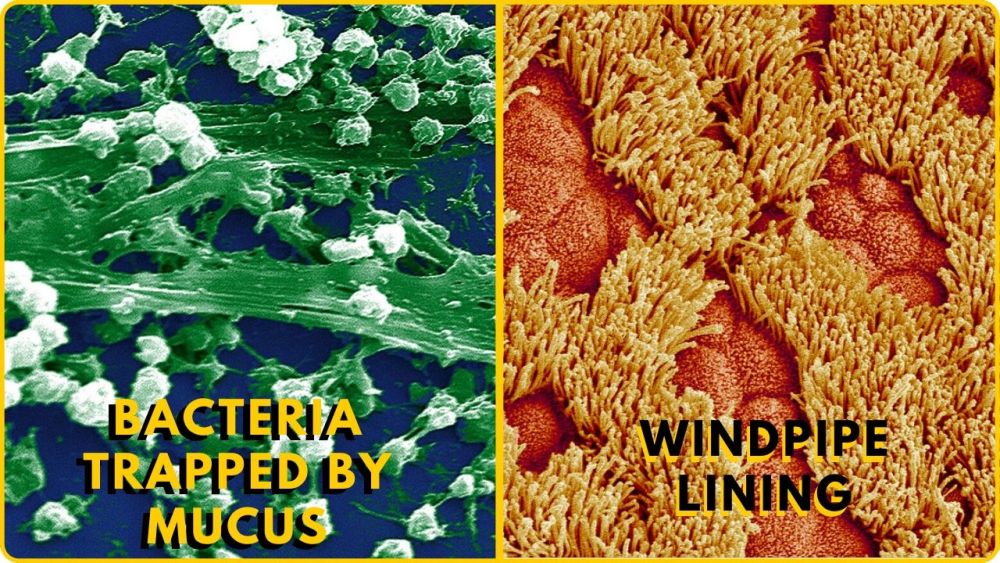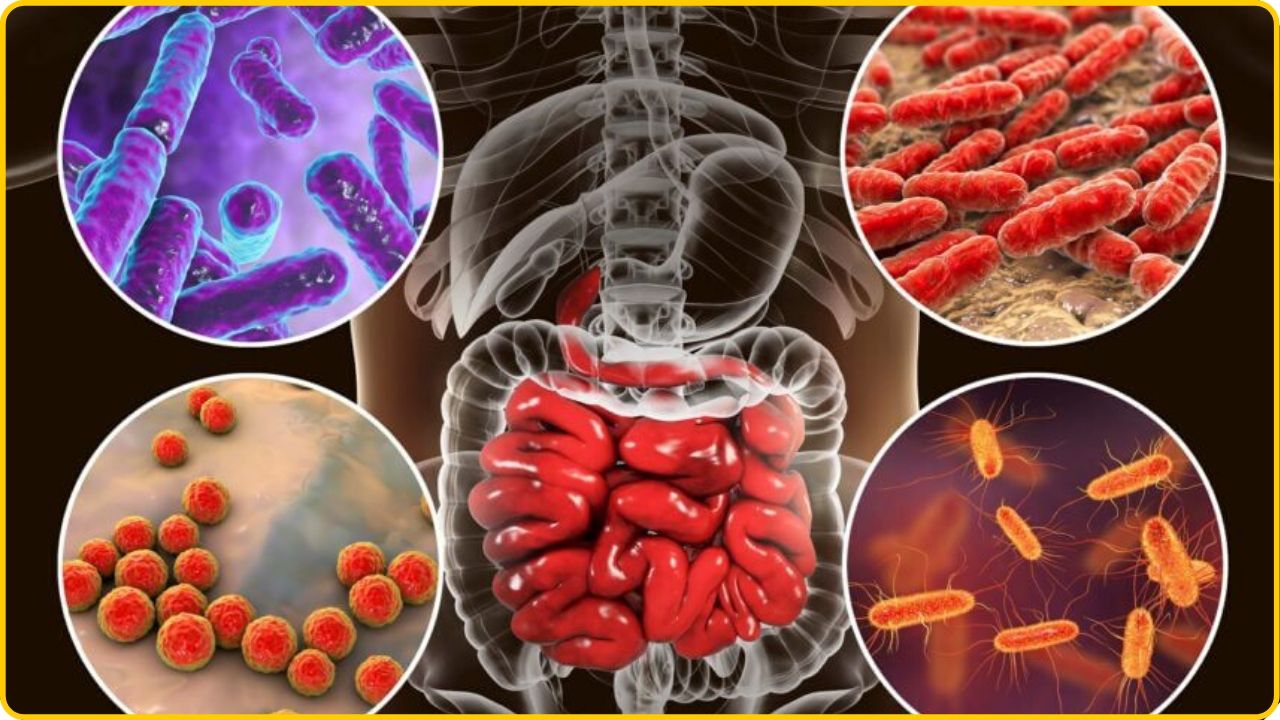The novel coronavirus dubbed Covid-19 has paralyzed the globe. A limited outbreak in Wuhan just a few months ago, the virus is now spreading with blistering speed across the planet bringing whole countries to a standstill. With infections reaching hundreds of thousands and thousands of fatalities, The world health organization has now declared the outbreak a pandemic.
While government authorities around the world are implementing measures to curb the further spread of the virus by banning public gatherings, closing educational institutions, and isolating the infected, We are interested to know how you can make all the right choices to wether the storm.
So, how concerned should you be? Besides wearing a mask and washing your hands a dozen times a day, what else can you do to stay safe? Will just wearing a mask, washing hands, and staying at home guarantee you don’t contract the virus? What if you are infected with the virus? We will be looking into all these in the light of what health professionals have to say.
First thing first: Do not panic!
Simply because the Covid-19 is not as dangerous as you might think. Its fatality rate is a mere 2 percent more than the common cold and seasonal flu. Besides that, panic always leads to wrong choices. This will also put you in unnecessary stress, and stress is the last thing you want to have if you are dealing with an infectious disease. Stress significantly and negatively affects your immune system which you badly need in such a scenario.
Do not get your medical advice from news channels
News channels are not the authority on providing you with necessary medical advice. They just do all sorts of good and bad reporting. Knock the right door for information about the Covid 19, medial advice, and in some cases help.
The WHO is the biggest authority on providing you with all the necessary information on the epidemic, precautionary measures, and health advice.
Stay tuned to your local/governmental health authorities. They are supposed to show you the right direction.
Don’t listen to everyone with a stethoscope
Another outbreak going side by side with Covid-19 is the quack epidemic. Since the emergence of the new coronavirus in Wuhan, you might have noticed your social media pages flooding with all sorts of people giving medical advice. Some even try to make it look legit by hanging a piece of stethoscope around their neck. Please do not fall for them. These quacks are simply trying to cash in on the dire situation we are all in.
Look for your information with the right institution and legitimate health professionals and relevant authority.
Also read: How to know if you are infected with coronavirus? Symptoms & Prevention
You probably avoid public gatherings, put on a mask, and wash your hands ten times a day. You are definitely doing a great job to avoid contracting the coronavirus. But let’s be honest, though great, none of these precautionary measures would guarantee that you don’t contract the virus. So, what else can you do to fight back and win the battle even if you are infected?

Almost every one of us had a flue this winter. Most of us recovered within a couple of days without even bothering to take a pill. But not everyone was lucky enough. The very common seasonal flu killed over a million people worldwide this year. And you know what? A fair number of the viruses that caused the illness were one or the other type of coronaviruses.
Therefore, when we talk about the Covid-19_another coronavirus, we are actually dealing with a virus that is not much different than the ones we already recovered from. The one major difference, however, is, that it is more contagious than others.
So, the question is: How did most of us recover from an infection of almost similar severity to that of the Covid-19? And why over a million people died due to a very common illness like the seasonal flu? The answer is, you have guessed right, the body’s immune system. Everything boils down to how strong or otherwise weak your body’s natural defense is.
And don’t get me wrong, your immune system is not something that is hardwired. If it’s weak due to some reason, you can make it stronger. And that’s exactly what we are going to talk about_How to strengthen your immune system to defeat any possible Coronavirus infection?
Understand Your immune system to make it stronger
What comes to your mind when you hear the word ‘immune system’? We asked this question to 100 people at random. 86 people said white blood cells.No surprise! most of us think our white blood cells are our best bet. The fact however is, white blood cells constitute only one of many defense mechanisms your body has put in place.
In order to make your immune system stronger, you first need to understand the impressive collection of defensive devices your body keeps in store, says Sheena Crookshank, an immunologist from the University of Manchester.
So, what constitutes your body’s immune system? Let’s briefly talk about the various defensive tools your body offers against foreign threats and how to polish their effectiveness.
1. Skin: The body’s iron dome
Besides being the largest organ, your skin offers the first line of defense against intruders. And by that, we don’t only mean skin as a passive physical protective barrier! Recent researches have shown that the skin is, in fact, a sophisticated network of effector cells, molecular mediators, active chemicals, and a healthy microbiota. It even has it’s own immune system called SIS (Skin immune system).

How does your skin protect against pathogens?
- Antimicrobial peptides (AMPs) on the skin are chemicals that fight pathogens like viruses and bacteria.
- Epidermis, the outermost layer of your skin filters harmful pathogens and allows nutrients to pass through.
- Millions of microorganisms living on the skin fight against external threats. The reason why you should avoid exposure to the Sun’s UV radiation that otherwise affects the healthy microbiota.
- The layered skin ensures a constant dialogue with the external environment full of pathogens.
How to keep the skin healthy and strong?
- Avoid excessive exposure to sunlight. Keep the microbiota flourishing.
- Avoid the use of unnecessary skin creams, frequent washing with all types of soup.
- Drink sufficient water to keep the skin hydrated.
- Exercise daily to ensure adequate blood flow to the skin. Professionals recommend at least 150 minutes of aerobic a week.
- Avoid sugary drinks and foods with a high glycemic index to keep the skin chemistry maintained.
2. Mucus & hairy cells: The sticky subway
Besides moisturizing and warming the inhaled air, mucus plays one of the strongest roles in keeping the pathogens at bay. Nose hair, saliva, and hairy cells in the esophagus and windpipe play a similar role.

How does the respiratory tract protect against pathogens?
- Pathogens like harmful bacteria and viruses get trapped in the sticky substance.
- Nose hair also catches dust particles and microbes.
- Sliva and hair-like cells in the esophagus and windpipe trape any pathogens that manage to escape previous defenses.
How to keep a healthy respiratory system?
- Stop smoking and avoid second-hand smoking. Besides many other harmful effects, the carbon monoxide present in cigarette smoke burns the hairy structures in the esophagus and windpipe.
- Avoid polluted air. Wear a mask to avoid indoor and outdoor pollution.
- Stay away from people who already have contracted the virus.
3. Microbiota: The bacterial rainforest
You have 100 trillion bacterial cells in your body, in fact, outnumbering your cells by 10 to 1 and making up 3 percent of your body weight. And it’s not only about the numbers! These bacteria are responsible for everything including digestion, metabolism, aging, defense against pathogens, even everyday mood, and mental health.

How does microbiota protect against pathogens?
- Gut microbiota promotes immune homeostasis_immune response against the colonization of harmful bacteria and viruses.
- Microbiota starves pathogens from limited nutrients.
- Various types of these bacteria directly kill the intruding viruses and other pathogens.
- The skin microbiota plays its part in filtering the pathogens.
- A healthy microbiota also ensures an overall healthy immune system by promoting digestion and mental health.
How to ensure a healthy microbiota?
- Add more of fiber-rich foods to your diet. Health professionals recommend 40-gram fiber intake a day.
- Consume fermented foods. Top picks include unsweetened yogurt, kefir, raw milk, and pickles.
- Avoid snacking.
- Eat as many types of fruits as possible.
- Avoid excessive drinking.
- Eat nuts, seeds, and berries to ensure a constant supply of polyphenols that the gut bacteria use as fuel.
4. White blood cells (WBCs): The ninjas
White blood cells offer the final line of defense against pathogens. Any viruses, bacteria, or any other pathogens that have somehow made it to the bloodstream face white blood cells. These comparatively large blood cells literally engulf the hostile elements.

How do white blood cells protect from pathogens?
- After receiving a distress signal, white blood cells rush to the area and literally eat up the invader.
- Type of white blood cells known as CD8+ T-cells eats up pathogens like bacteria and viruses.
- These specialized cells also consume body cells that are virus-infected.
- Another group of white blood cells called Lymphocytes produce antibodies. Antibodies fight diseases and fight pathogens.
How to ensure the required supply of WBCs?
Viral infections are very well known to cause disruption to white blood cell generation. Other causes include cancer and certain birth disorders that diminish the work of bone marrow. In the case of a viral infection, it is necessary to help the body produce white blood cells. Here is what you can do maintain the supply:
- Eat vitamin C rich fruits. Top picks include lemon, oranges, lime, and other citrus fruits.
- Brocolli, cauliflower, carrots, garlic, ginger, spinach, and pepper are vitamin-C rich vegetables.
- Reduce alcohol consumption.
- Omega-3 fatty acid supplements can help.
- Eat a handful of almonds daily.
- Consume a cup of yogurt every day.
With all said and done, we hope we as humans will overcome the ongoing epidemic soon. We also wish you good health. Share this critical information with others to help them stay safe.

